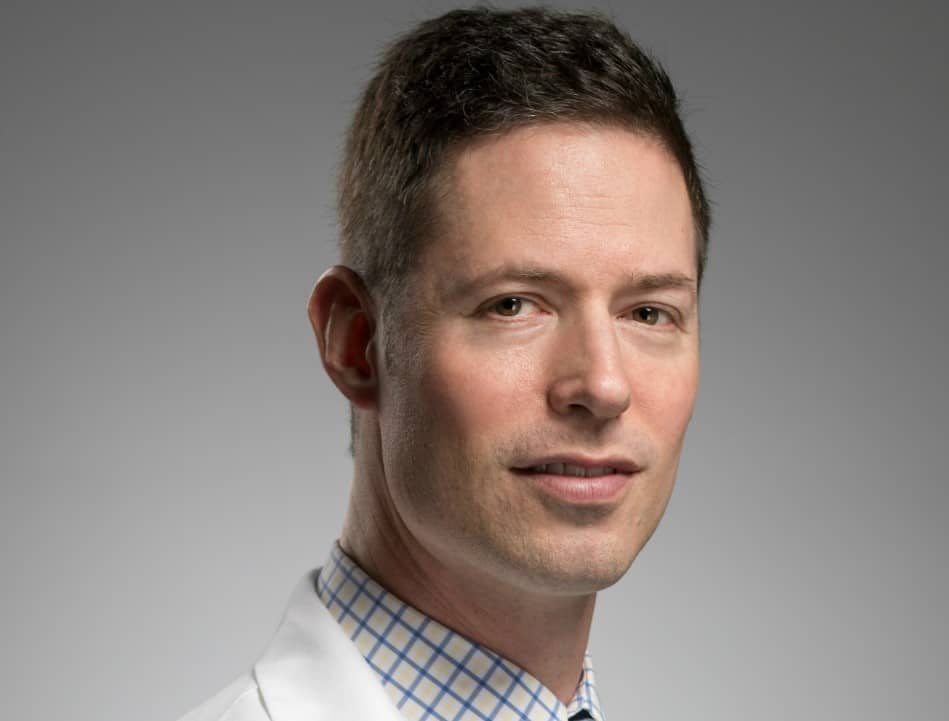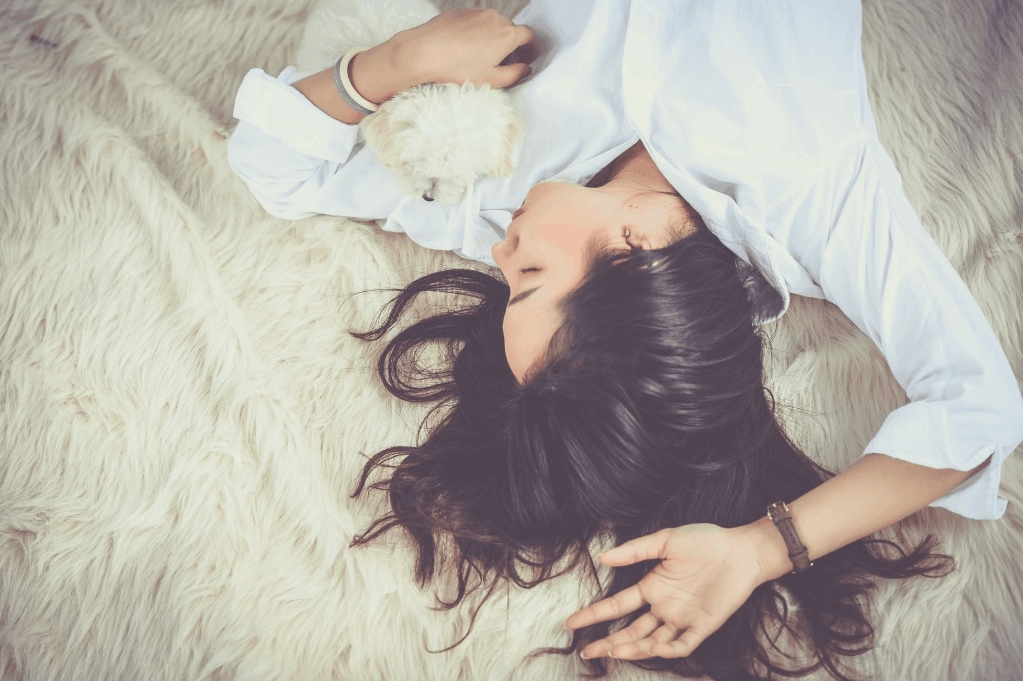Snore every night? Wonder if you have sleep apnea but don’t want to spend eight hours in a strange bed to find out? According to neurologist and Sleepopolis sleep expert Dr. Joseph Krainin, you don’t have to. His home sleep study company, Singular Sleep, takes the diagnosis and treatment of sleep apnea out of the traditional medical setting and straight into the 21st century — and your bedroom.
Join me as I chat with Dr. Krainin about the sleep lab vs. home experience, the myth of the “short sleeper,” and why slumbering without pets or partners might be just what the doctor ordered.
At what point in your medical education did you become interested in sleep?
During my second year of medical school, I was very energized by a seminar that ran through every sleep disorder in about 1.5 hours. The average medical student gets a total of one hour of sleep training. Also, I was certain I had narcolepsy and had a sleep study done. It turned out I was just sleep deprived, but I found the process fascinating. I liked the somewhat eccentric and intellectual personalities that were drawn to the field.

You founded a company called Singular Sleep, which offers home sleep apnea tests. What inspired you to start it?
I’d been working in a traditional medical practice and had the idea of combining the three elements of telemedicine, home sleep testing, and remote management of Positive Airway Pressure (PAP) devices, which was a novel idea. The goal was to offer a simpler path to getting diagnosed and treated for obstructive sleep apnea (OSA) than multiple doctor visits, in-lab sleep studies, and a trip to a durable medical equipment supplier. That process often takes several months, while at Singular Sleep, we usually have patients diagnosed and on treatment within two weeks.
(The Singular Sleep at-home sleep study kit arrives by mail, and diagnosis is delivered by secure email 4-5 days after the test is returned. Diagnosis can be followed by an online consultation and treatment by a sleep specialist.)
Besides location, what’s the difference between a home sleep study and one that takes place in a lab?
They are worlds apart. The home sleep study is much more pleasant than the in-lab experience, which involves numerous sensors placed all over your body, sleeping in a weird environment with someone watching you through an infrared camera, and probably an uncomfortable mattress. You do the home sleep test in your own home and the sensors are minimal. I firmly believe that we get more valid data from the home sleep tests than the in-lab tests as they more closely approximate what’s happening with the patient on a night-to-night basis.

What’s your opinion of oral devices to treat sleep apnea?
They’re a great option for some patients. The American Academy of Sleep Medicine recommends oral appliances for sleep apnea as a first-line alternative to PAP for patients with mild-to-moderate obstructive sleep apnea, but there are downsides. A custom device made by an experienced dentist typically runs $2,000-4000. The process takes time so you don’t have the immediate effect you get with PAP, and they’re not a good idea for people with certain dental issues, like significant temporomandibular joint dysfunction or periodontal disease.
Are there more cases of sleep apnea than there used to be, or is the disorder just more recognized now?
Both. This is a very young field. Only over the last thirty years have the dangers of obstructive sleep apnea really been understood. Excess weight is a major risk factor for OSA, and with approximately 75% of men and 60% of women now overweight or obese in the US, there’s no end in sight to this problem.
What do you wish everyone knew about sleep?
- It’s not optional. Sleep is an essential component of health. Take sleep seriously.
- If you think you only need 6 hours of sleep or less, you’re probably wrong. Most people who think they’re “short sleepers” are sleep deprived and putting themselves at risk for weight gain, diabetes, and cardiovascular disease.
- Sleeping in the same bed as your partner or pet may be detrimental to your sleep quality.
- Snoring is not normal.
- Sleep apnea is extraordinarily common. It’s human nature to wait until something bad happens, like falling asleep while driving or developing hypertension, before the motivation kicks in to address the issue. Don’t wait. Get checked out!
A huge thank you to Dr. Krainin for talking with Sleepopolis! For more about Dr. Krainin and at-home sleep studies, visit Singular Sleep, Twitter, and Facebook. You can also check out his profile at the Sleepopolis Expert Hub.